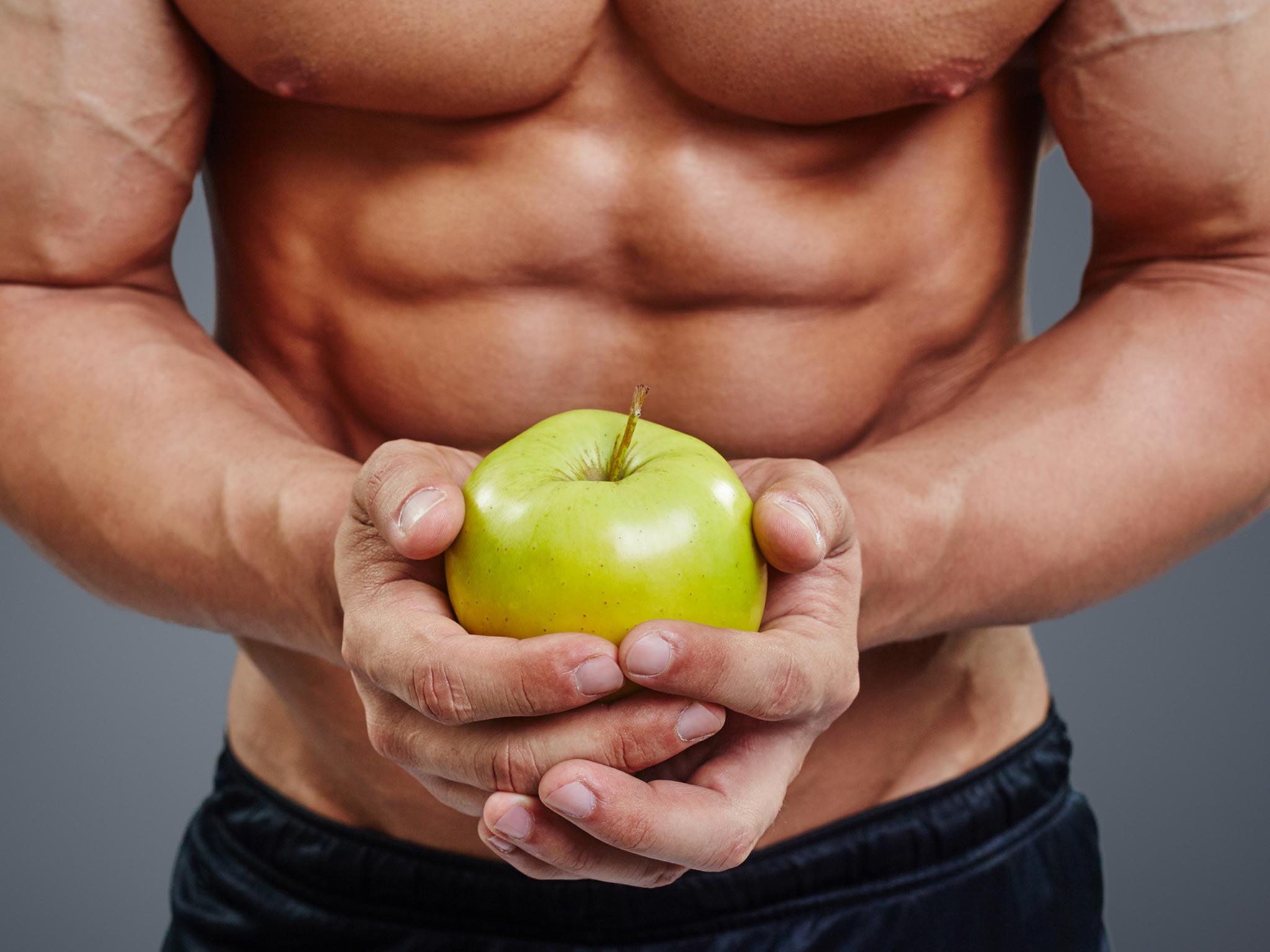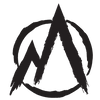How We Figured Out Your Caloric Intake? We used the Mifflin St. Jeor calculation to calculate basal metabolic rate (BMR) and Caloric Intake (depending on your goals). Why Mifflin St. Jeor? Because it's widely recognized as one of the most accurate ways to estimate an individual's calorie needs. It takes into account several factors, including goals, activity level, age, gender, height, and weight to give a personalized estimate of how many calories your body needs to help you achieve your goals.
Do Calories Build Muscle?
When you lift weights, you create tiny tears in your muscle fibers. These tears need to be repaired, and your body uses calories and nutrients to do so. If you don't consume enough calories, your body won't have the energy it needs to repair and build muscle tissue. But there is more. Calories are also important for fueling your workouts. When you work out, you're burning calories, and if you don't consume enough calories, you won't have the energy you need to perform at your best.
How Many Calories Do You Need to Build Muscle?
On average, men need between 2500-3000 calories per day, while women require between 2000-2500 calories per day. However, if you're looking to build muscle, you'll need to consume more calories than your body burns each day. Hence creating a calorie surplus.
A caloric surplus occurs when you consume more calories than your body burns. This excess energy is then used to build muscle mass.
How much calories do you need to build muscle depends on your depends on a variety of factors, including your age, gender, weight, height, activity level, and fitness goals. Use the calculator above to get a personalized estimate. Generally, you'll need to consume an extra 250-500 calories per day to build muscle. This will provide your body with sufficient surplus energy it needs to repair and build muscle tissue. However, dont't consume too many calories too fast, as this can lead to unwanted fat gain.
Good Vs Bad Calories:
Not all calories are created equal. For example, a 100-calorie snack pack of chips is not the same as a 100-calorie serving of chicken breast. The chips are high in fat and low in nutrients, while the chicken breast is high in protein and essential nutrients. When it comes to building muscle, you will want to focus on consuming nutrient-dense foods. Whether your goal is to build muscle or simply maintain a healthy lifestyle, aim to consume whole foods that are rich in protein, complex carbs, and healthy fats, while avoiding processed and junk foods.
Macronutrients
Carbohydrates, protein, and fats are the three macronutrients that provide calories for the body. While all three are important for muscle building, they each have unique roles in the process.
Carbohydrates, also known as "carbs," are the primary source of energy for your body during exercise. When you eat carbs, your body breaks them down into glucose, which is then used by your muscles for energy. Carbs are also important for replenishing glycogen stores in your muscles after a workout. Good sources of carbohydrates include fruits, vegetables, whole grains, and legumes.
Fats, are a secondary source of energy for your body during exercise. Fats are a slower-burning source of energy that help sustain energy levels during longer workouts. Your body break fats into fatty acids, which can be used by your muscles for energy. Good sources of healthy fats include nuts, seeds, avocados, and fatty fish like salmon.
Proteins are essential for muscle growth and repair. When you exercise, you create small tears in your muscle fibers. Protein provides the essential amino acids your body needs to repair and rebuild these fibers - leading to muscle growth over time. Protein can also be used as a source of energy, particularly during prolonged exercise session when glycogen stores in the muscles become depleted. But it's not your body's preferred fuel source. And it's really better suited for building and repairing muscles. But if your body can't find enough energy elsewhere it will use protein as a source of energy. Good sources of protein include lean meats, poultry, fish, eggs, beans, lentils, and tofu.
Meal Planning for Muscle Building
Now that we know what to eat for muscle building, let's talk about meal planning. By mapping out your meals in advance, you can strategize your food choices. And you will be less tempted to grab fast food or convenience items that are high in calories but low in nutrients. Start by calculating your total calorie needs (by using the calculator above). Once you have your total calorie needs, a good place to start is to aim at consuming 3-4 meals per day, with each meal containing a balance of protein, carbohydrates, and healthy fats. Consider prepping your meals ahead of time. This could involve cooking large batches of food on the weekend and portioning them out for the week ahead. You could also consider using a meal delivery service that provides healthy, pre-portioned meals for muscle building.
Supplements for Muscle Building
Can you replace meals with supplements? Supplements can be beneficial for muscle building, but they should not be considered a substitute for a healthy diet. A good supplement can help to fill any nutritional gaps in your diet, but cannot replace the nutrients found in whole foods. Eating a balanced diet with a variety of fruits, vegetables, lean proteins, and healthy fats should always be the foundation of your nutrition plan. By far the most popular supplement for muscle building is protein powder - and for a good reason. But it's easy to get overwhelmed with the choices in protein supplement out there. Sticking with the good old, time tested and tried Whey Protein is easily the best choice. Just be sure to obtain a high-quality protein.
FAQs
- How many calories should I eat to build muscle?
To build muscle effectively, you need to be in a caloric surplus of around 300-500 calories per day.
- Can you build muscle without creating a calorie surplus?
It's possible to build muscle without a calorie surplus, but it may be a slower process. A calorie surplus provides your body with the energy it needs to repair and build muscle tissue.
- Should I eat before or after my workout?
It's essential to consume a post-workout meal within 30 minutes of finishing your workout to aid in muscle recovery.
- Is it possible to build muscle and lose fat at the same time?
Absolutely! With a proper nutrition and exercise plan you can achieve both simultaneously.
- How long does it take to build muscle?
The amount of time it takes to build muscle varies depending on factors such as age, gender, fitness level, and diet. However, most people can see noticeable muscle growth within 8-12 weeks of consistent training and nutrition.

